Urban Forester Megan Carr visited the March meeting of the Bolton Hill Garden Club hosted by Amy Sheridan. Ms. Carr gave a talk about Tree Baltimore, Tree Keepers, and Weed Warriors. Each of these groups welcomes volunteers to join them. You can get trained and become certified if you wish. Their goals are training and support for communities. They do vegetation management, forest management and habitat restoration.
Non-native invasive species cause harm to our environment. The worst effects are seen in the lack of biodiversity, the effect on wildlife, the detriment to water quality and the harm to human health.
Some non-native plants, many of them very beautiful, are sold by big-box stores and go unmarked as non-native. Other are “hitchhikers,” the seeds having been carried to new locations. Even birds transport these non-native seeds. Three examples were Wavyleaf Basketgrass, Japanese stiltgrass and Paulownia, an ornamental tree that is among the faster-growing trees in the world. Their seeds are carried by wind, water or animals (including humans).
The non-native vines covering the trees along the JFX, which I thought were kudzu vine, are really Porcelainberry. They have grape-like seeds on them that the birds like and keep transporting. English ivy is another invasive that some people think is attractive, but it can be destructive to the surrounding environment. The same can be said for the euonymus shrub, wisteria, privet tree, and Japanese barberry.
Ms. Carr suggested that gardeners make conscious choices to buy native plants when we buy plants. You can research which ones you might like by checking out the website of the Maryland Native Plant Society. Herring Run Nursery is a good source for buying plants, as is Direct Native Plants in Middle River.
Providing native plants in your garden will make ideal food and habitat for birds, wildlife and pollinating insects.
–Barbara Blumberg
